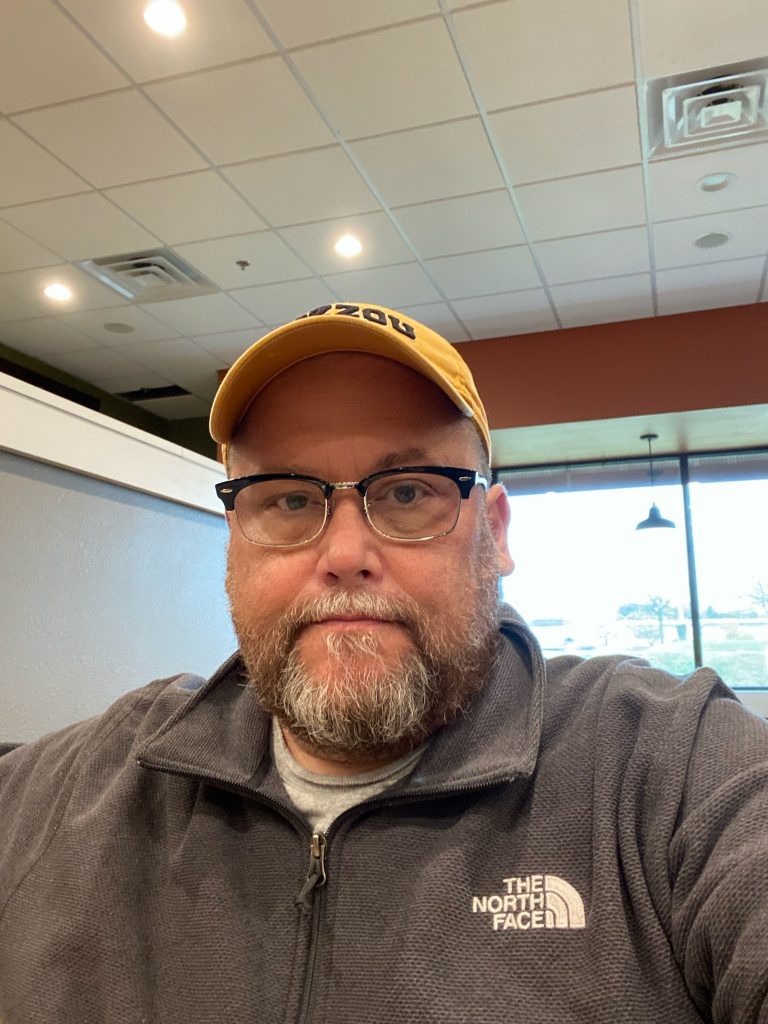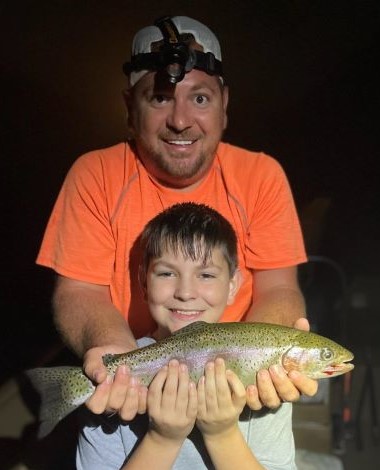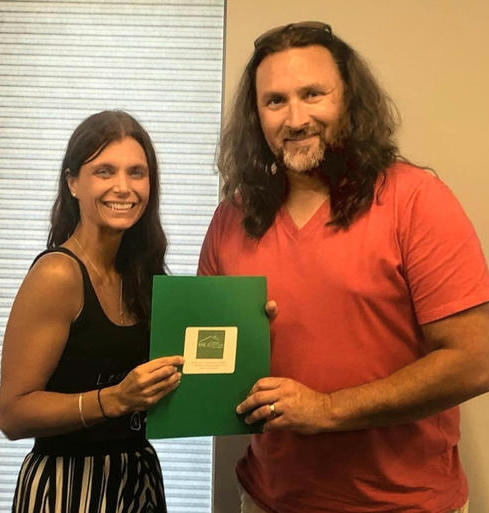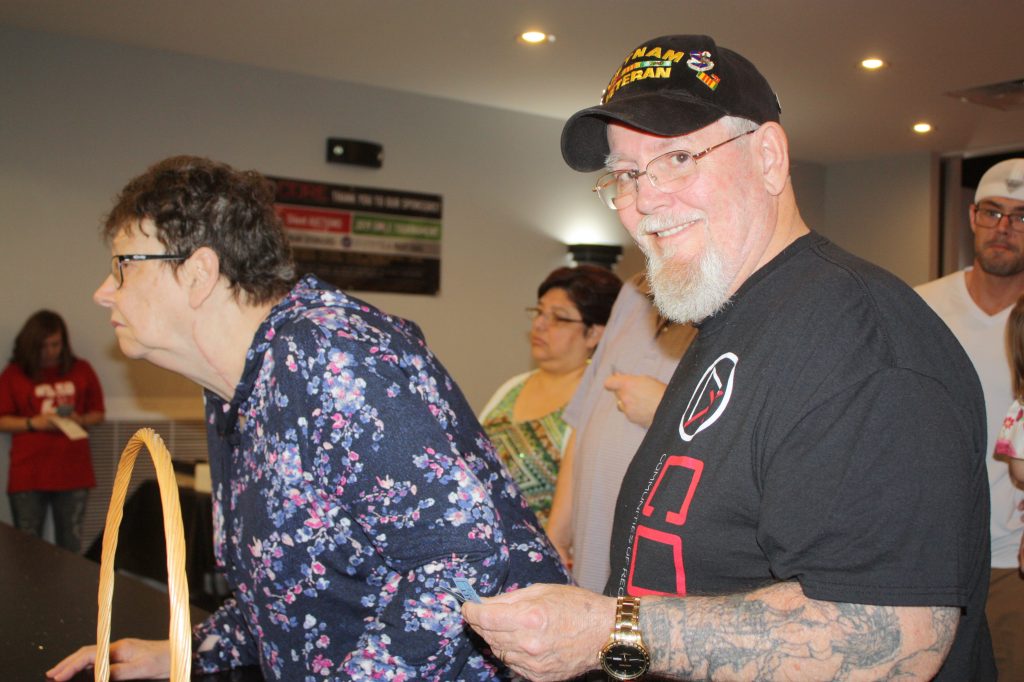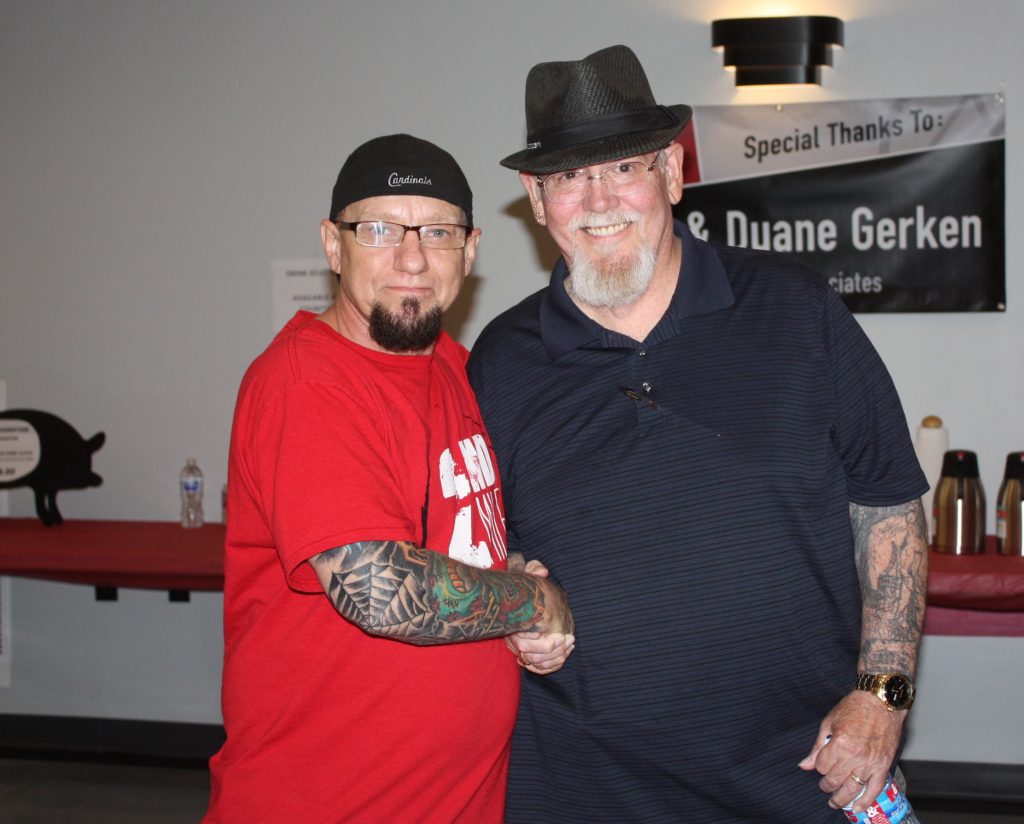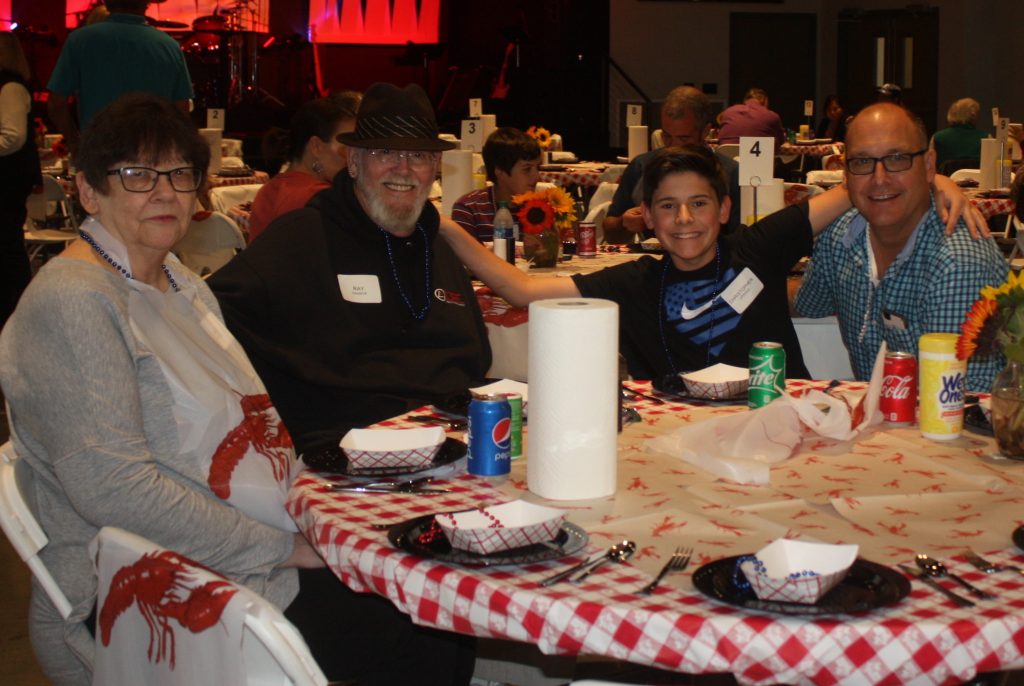What Is A Spiritual Experience?
It was a frigid and foggy Christmas Eve in Victorian London – a fitting time and place for the transpiring of marvelous, supernatural events. There, in the heart of the city, in a gloomy suite of rooms, lived a miserly financier named Ebenezer Scrooge. The place where he hung his hat was as melancholy as the old man himself. His heart was cynical and cold, for Ebenezer lived without love. As he prepared to retire for the evening, Ebenezer could scarcely imagine the ghostly visitors who were about to appear, for the purpose of removing the sickness from his soul. Yet, even as he crawled into bed and pulled the covers over his head, Ebenezer’s reclamation as a human being indeed was at hand.
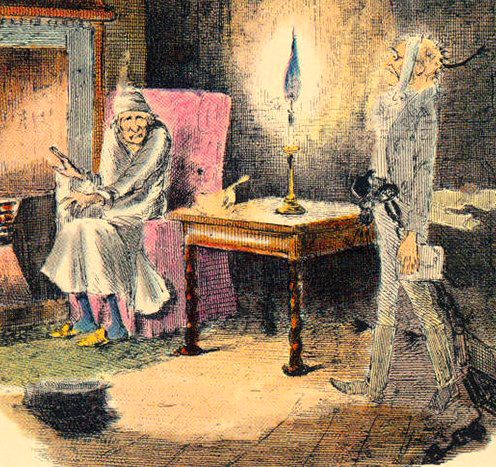
To his great surprise and wonder, Ebenezer’s sleep is disturbed by none other than three apparitions: the Spirits of Christmas Past, Present, and Future. They reveal to him visions of experiences and events that are deeply personal to him and to others. In one he painfully relives his long-forgotten hope from youth to find love, family, and friendship. He had since abandoned these noble aspirations to pursue his career. In another he sees several persons, all of whom he knows, who in fact acted on their hopes. Though they are moderate in wealth, they are charmingly rich in happiness and love. In an especially heartfelt moment, he also witnesses the unfailing optimism of a terminally ill child, Tiny Tim, who cheerfully gives thanks, saying “God bless us, everyone!” Finally, Ebenezer sees his own death. The worldly wealth he leaves behind incites others toward the same selfish greed that fouled his soul.
Ebenezer staggers under the emotional burden of these visions and feels deeply moved. “Spirit,” he begs, “show me no more.” Whereupon, the scales fall from his eyes, and his heart and mind are opened. “I am not the man I was,” he begins to sob, “the man I would have been but for these visitations.” He thus vows to live an altered life. Happily, Ebenezer turns out to be better than his word. He dances, cries, and laughs out loud upon awaking to find that it’s Christmas Day. He begins making amends immediately. Ebenezer eventually becomes like a second father to young Tiny Tim who, thankfully, does not die. Ultimately, he becomes as good a friend, and as good a man, as the City of London ever knew!
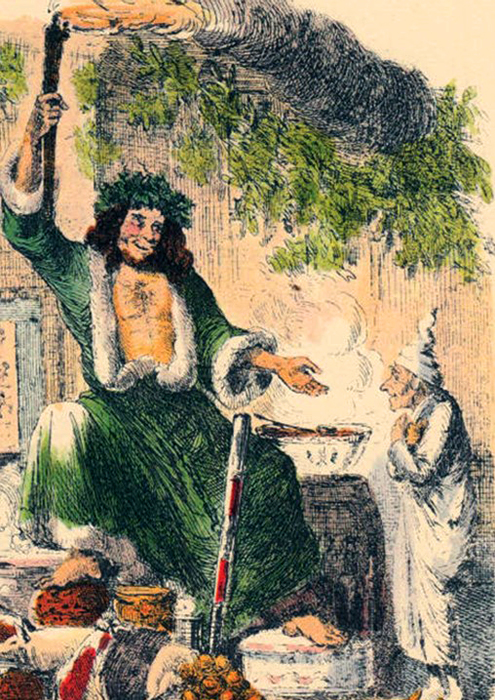
And so concludes our little presentation of Charles Dickens’ immortal classic, A Christmas Carol. It’s been retold in print and on-screen more times than anyone can imagine. Nevertheless, we are especially happy to recount it here for two reasons:
First – Merry Christmas! We at CORE wish the Reader all happiness, warmth, and love this Christmas Season. And a Happy New Year too! As we enjoy the trimmings and traditions of the holidays, let us treasure in our hearts the real reason for the season, our Lord and Savior Jesus Christ. In Him is life, and this life is the light of all humanity. The light shines in the darkness, and the darkness can never overcome it!
Second, pertaining to the recovery topic at hand, every recovered addict worth their salt hearing Dickens’ tale will nod with understanding and approval. We readily see that the main character has had a profound and life-altering spiritual experience which, minus the ghosts, is altogether similar to our own. It is the foreseeable experience of everyone who turns their will and life over to the care of God and works the 12 Steps. In fact, we fully suspect that Dickens drew from oft-told accounts of religious conversion as the inspiration for his work.
The Big Book of Alcoholic Anonymous identifies spiritual experience as the essential prerequisite for recovery:
If, when you honestly want to, you find you cannot quit entirely, or if when drinking, you have little control over the amount you take, you are probably alcoholic. If that be the case, you may be suffering from an illness which only a spiritual experience will conquer.
It defines spiritual experience as “the personality change sufficient to bring about recovery from alcoholism” and explains this as tapping into an “unsuspected inner resource” – a reference to our Higher Power, God.
Newbies in recovery initially scratch their heads at these Big Book statements. They simply mean that the precise hows and whys of the marvelous transformation within us are beyond human understanding, but we readily attribute them to God. Nothing in a science or philosophy textbook could possibly explain the personal experience of God doing for us what we are powerless to do for ourselves. It implicates sobriety, yes, but also much more. As the Big Book says:
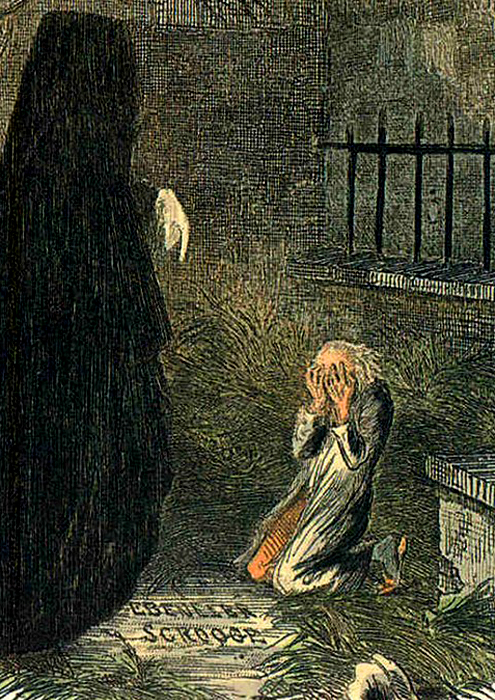
[W]e have had deep and effective spiritual experiences_which have revolutionized our whole attitude toward life, toward our fellows and toward God’s universe. The central fact of our lives today is the absolute certainty that our Creator has entered into our hearts and lives in a way which is indeed miraculous. He has commenced to accomplish those things for us which we could never do by ourselves.
Therefore, every spiritual experience necessarily includes the complete removal of the obsession to use. We had lived powerless over drugs and alcohol, having backed ourselves into a corner that we couldn’t fight, cheat, lie, steal or buy our way out of. We were trapped. The familiar resources – family, friends, doctors, and ministers – were of no avail at all. But there was still one source of strength, and He never fails. God grants us a power not ordinarily our own. When we humbly offer ourselves to Him to do with us as He would, a miracle happens – we find that we neither want nor need to drink or drug. What once seemed impossible is now common, daily experience. We can face the world without persistent cravings. They’re gone and no longer seem important. We have entered an altogether new dimension – freedom under God.
It’s more than simply living sober, too. Abiding in God’s will enables us to find everything that we futilely searched for in a bottle or a pill. Everything relevant to a better life is made possible by His help. Thus, in addition to overcoming addiction, we also find ourselves living in a new and wonderful world. We begin a process of becoming the best version of ourselves, being less and less interested in ourselves and more and more interested in seeing what we can contribute to life. Broken and damaged relationships begin to mend. We further enjoy peace of mind, and we lose our fear of today, tomorrow or the hereafter. From within we feel as if we are reborn, the quintessence of spiritual experience.
In closing, keeping with the holiday spirit we freely borrow from Dickens’ text and affirm that, having had a spiritual experience, we are blessed beyond measure to live upon the “Total Abstinence Principle”, ever afterwards. And may it always be said of every recovered soul, and especially us at CORE, that we know how to keep Christmas well, if anyone alive possesses the knowledge. May that be truly said of everybody, and all of us! And so, as Tiny Tim observed,
“God Bless Us, Every One!”

